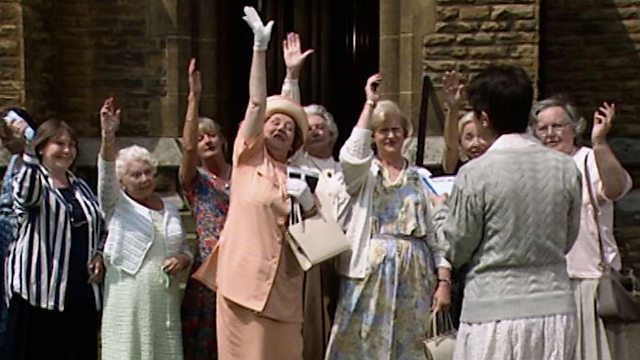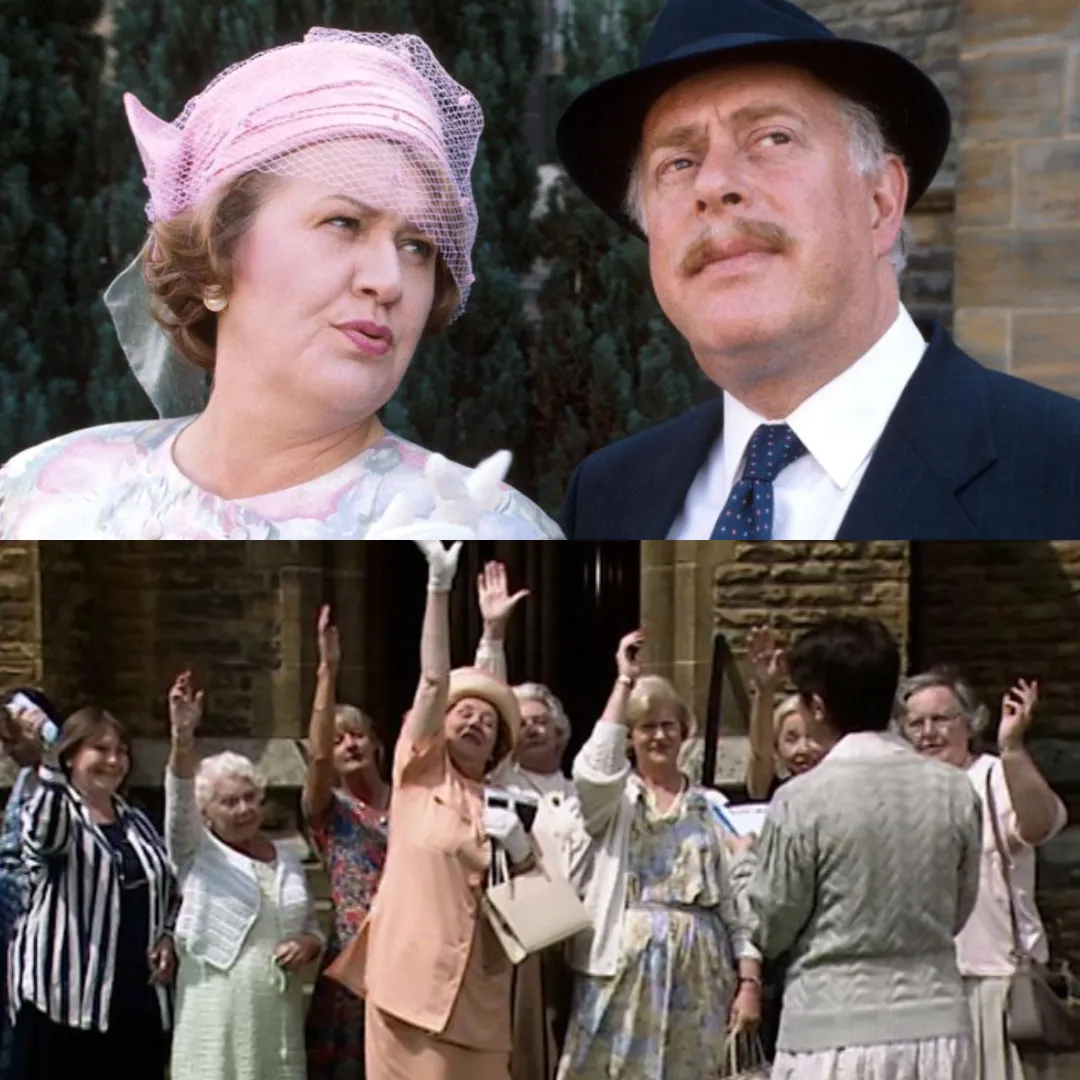
In an era where social status and appearances are often elevated above substance, the British comedy Keeping Up Appearances serves as both a humorous and poignant exploration of the desire to climb the social ladder. The show, which ran from 1990 to 1995, centers around the character of Hyacinth Bucket, played by Patricia Routledge, whose obsessive attempts to maintain a veneer of bourgeois respectability often lead to comic misadventures.
Hyacinth’s desperate need to be seen as "high class" reflects a deeper social truth: the human tendency to value outward appearances over authenticity. In the end, the show reveals the absurdity of this striving for status—both in the fictional world of Hyacinth Bucket and in our own.
Hyacinth’s desire to maintain outward appearances as a means of social mobility mirrors a broader societal obsession with status and conformity. She believes that to move up the social ladder, one must project a certain image, adopting the markers of wealth, education, and culture.
For her, the "right" social position is all about what others perceive. Her character is the epitome of a person fixated on what others think, even at the expense of personal integrity or true connection.
The notion of “keeping up appearances” is not just a source of humor but a reflection of a real temptation many face in life—the pressure to conform to social expectations and norms, even at the expense of one’s true identity. This pressure to maintain a certain image is not just a modern issue but has deep historical roots, which are explored in a much more serious context in Scripture.
In St. Paul’s letter to the Galatians, he addresses the issue of those who are obsessed with outward conformity, warning against those who “keep up outward appearances” to avoid persecution. These individuals, according to St. Paul, were more concerned with maintaining social respect than with the true faith of the Cross.

Their fear of persecution led them to prefer the superficial over the radical call of the Gospel. St. Paul’s words speak powerfully to us today, as the temptation to value human respect over spiritual fidelity remains ever-present.
The desire for human approval is not new, and it is especially tempting in a society where being perceived as "respectable" is often prioritized. For Christians in the modern world, this pressure to conform can be even more pronounced.
In many circles, the cost of maintaining a Christian identity—especially one that holds fast to traditional values—can be steep. Whether in the media, academia, or politics, the pressure to align with secular and anti-Christian views can sometimes seem overwhelming.
This is especially true in Western societies, where a kind of “white martyrdom” often exists for those who refuse to compromise their beliefs in the face of social or political correctness.
The faithful stand in stark contrast to those who merely seek conformity for its own sake. Figures such as Cardinal George Pell, falsely accused but unwavering in his faith, and Paivi Räsänen, the Finnish politician facing trial for standing up for the biblical definition of marriage, offer modern examples of those who refuse to compromise their principles in order to fit in.
These individuals represent the courage of faith—those who, in the face of public opposition and persecution, hold firm to the truth of Christ, rather than bowing to the false idol of societal respectability.
The historical examples of St. Thomas More and Blessed Franz Jägerstätter further illuminate this contrast between outward conformity and fidelity to God’s truth. Both figures were asked to compromise their faith for the sake of societal peace and personal safety.
More, as portrayed in Robert Bolt’s A Man for All Seasons, was urged by friends and even the Church to "just say the words" to save his life, thus outwardly conforming to the demands of the state. Similarly, Franz Jägerstätter, depicted in Terrence Malick’s A Hidden Life, was asked to swear allegiance to Adolf Hitler to avoid execution.
Both men chose fidelity to truth over appearances, even at the cost of their lives.
These figures exemplify what it means to stand firm in the face of persecution. For both More and Jägerstätter, keeping up appearances meant betraying their faith—and they knew that to compromise would be to lose something far more precious than life itself.
Jesus himself warned that when all men speak well of you, you should be cautious, for that was the way of the false prophets. The world may praise outward conformity, but for the Christian, it is a much more dangerous path, leading away from the Cross.
In today’s world, the temptation to conform to societal expectations remains strong. However, the call of the Gospel is one that asks us to stand apart, to be faithful, even when it is difficult.
Like the saints who came before us, we are called to live lives of integrity, rejecting the pressure to “keep up appearances” in favor of a more radical fidelity to truth. Whether in public or private, our witness to the Cross should be more important than the fleeting approval of the world.





